نقد و بررسی
مبانی نظری و پیشینه پژوهش سبک های فرزندپروری با منابع 2024-2025فهرست مطالب:
- تعریف شیوه های فرزند پروری
- نظریه های شیوه های فرزند پروری
- جدول – روش های پدر و مادری کردن و کودکان حاصل از آنها
- سه نوع از رایج ترین روش های عاطفی والدین
- شکل – نمودهای رفتاری وابسته به سبک های رفتاری والدین
- انواع جو عاطفی خانواده
- انواع تربیت والدین
- منابع غیر فارسی
بخشی از محصول
شیوه¬های فرزندپروری «عبارت است از چگونگی رفتار والدین در شکل¬گیری نظام رفتاری کودکان. بنابراین والدین را می¬توان از نظر چگونگی رفتار با فرزندانشان در دو محور «پذیرنده- طردکننده» و «آزادگذار- محدود ساز»طبقه بندی کرد» (دیوس و همکاران، 2021). هیچ بستری از نظر قدرت وگستره تأثیر با خانواده برابرای نمی¬کند، خانواده بین افراد پیوندهایی برقرار می¬کند که منحصر به فرد هستند. دلبستگی به والدین، خواهر و برادرها معمولاً مادام¬العمر است. و وظیفه الگویی را برای روابط در دنیای وسیع¬تر محله، مدرسه، جامعه بر عهده دارد. کودکان در خانواده زبان، مهارت¬ها و ارزش¬های اجتماعی و اخلاقی و فرهنگ خود را می¬آموزند. و افراد در تمام سنین برای دریافت اطلاعات، کمک و تعامل جالب و لذت بخش به اعضای خانواده روی می¬آورند (تهرانی و همکاران ، 2020).
Non-Persian References
- Wang, J., Zheng, S., Zhang, M. et al. Parenting Styles and Adolescents’ Cyberbullying: The Indirect Effect of Attitude Towards Human Dignity. J Child Fam Stud 34, 270–281 (2025). https://doi.org/10.1007/s10826-024-02971-3
- Rauh, C. (2024). Parenting Styles. In: Zimmermann, K.F. (eds) Handbook of Labor, Human Resources and Population Economics. Springer, Cham. https://doi.org/10.1007/978-3-319-57365-6_445-1
- Abdolrezapour, P., Jahanbakhsh Ganjeh, S. & Ghanbari, N. Self-efficacy and resilience as predictors of students’ academic motivation in online education. Plos One 18(5), e0285984 (2023).
- Al-Qadasi, N. et al. Factors influencing entrepreneurial intention of university students in Yemen: The mediating role of entrepreneurial self-efficacy. Front. Psychol. 14, 1111934 (2023).
- Bouffard, T. & Labranche, A.-A. Profiles of parenting autonomy support and control: A person-centered approach in students’ adjustment to the transition to middle school. J. Early Adolesc. 43(7), 908–946 (2023).
- Gu, J. et al. Strength-based parenting and academic buoyancy: A short-term longitudinal chain mediation model. Curr. Psychol. 1–8 (2023).
- Karakose, T. et al. Assessment of the relationships between prospective mathematics teachers’ classroom management anxiety, academic self-efficacy beliefs, academic amotivation and attitudes toward the teaching profession using structural equation modelling. Mathematics 11(2), 449 (2023).
- Naghsh, Z., Hashemi, Z. & Kadkhodaie, M. The mediating role of locus of control in the relationship between parenting styles and emotional and academic resilience. Ment. Health Res. Pract. 2(1), 38–50 (2023).
- Goagoses, N. et al. Parenting dimensions/styles and emotion dysregulation in childhood and adolescence: A systematic review and Meta-analysis. Current Psychology (2022).
- Murayama, K. A reward-learning framework of knowledge acquisition: An integrated account of curiosity, interest, and intrinsic–extrinsic rewards. Psychol. Rev. 129(1), 175 (2022).
- Nie, T., Yan, Q. & Chen, Y. Authoritative parenting style and proactive behaviors: Evidence from China?. Sustainability 14(6), 3435 (2022).
- Rohmalimna, A., Yeau, O. & Sie, P. The role of parental parenting in the formation of the child’s self-concept. World Psychol. 1(2), 36–45 (2022).
- Davis, A.M. et al. Parenting styles and types: Breastfeeding attitudes in a large sample of mothers. Midwifery (2021).
- Gray, M.R. et al. Rudd, G., Meissel, K. & Meyer, F. Measuring academic resilience in quantitative research: A systematic review of the literature. Educ. Res. Rev. 34, 100402. (2021).
- Chibuike, O. et al. The correlate of personality traits and parenting styles with relapse in alcohol amongst treated alcoholic patients. Journal of Alcoholism & Drug Dependence (2020).
- Tehrani, H.D. et al. Parenting practices, self-control and anti-social behaviors: Meta-analytic structural equation modeling. Journal of Criminal Justice (2020).
- Brewer, M. L. et al. Resilience in higher education students: A scoping review. High. Educ. Res. Dev. 38(6), 1105–1120 (2019).
- Aloia, L.S. et al. Family cohesion in adulthood as a function of parenting style in childhood and enduring personality traits. The Family Journal (2022).
- Wang, Q., Lee, K. C. S. & Hoque, K. E. The mediating role of classroom climate and student self-efficacy in the relationship between teacher leadership style and student academic motivation: Evidence from China. Asia Pac. Educ. Res. 32(4), 561–571 (2023).
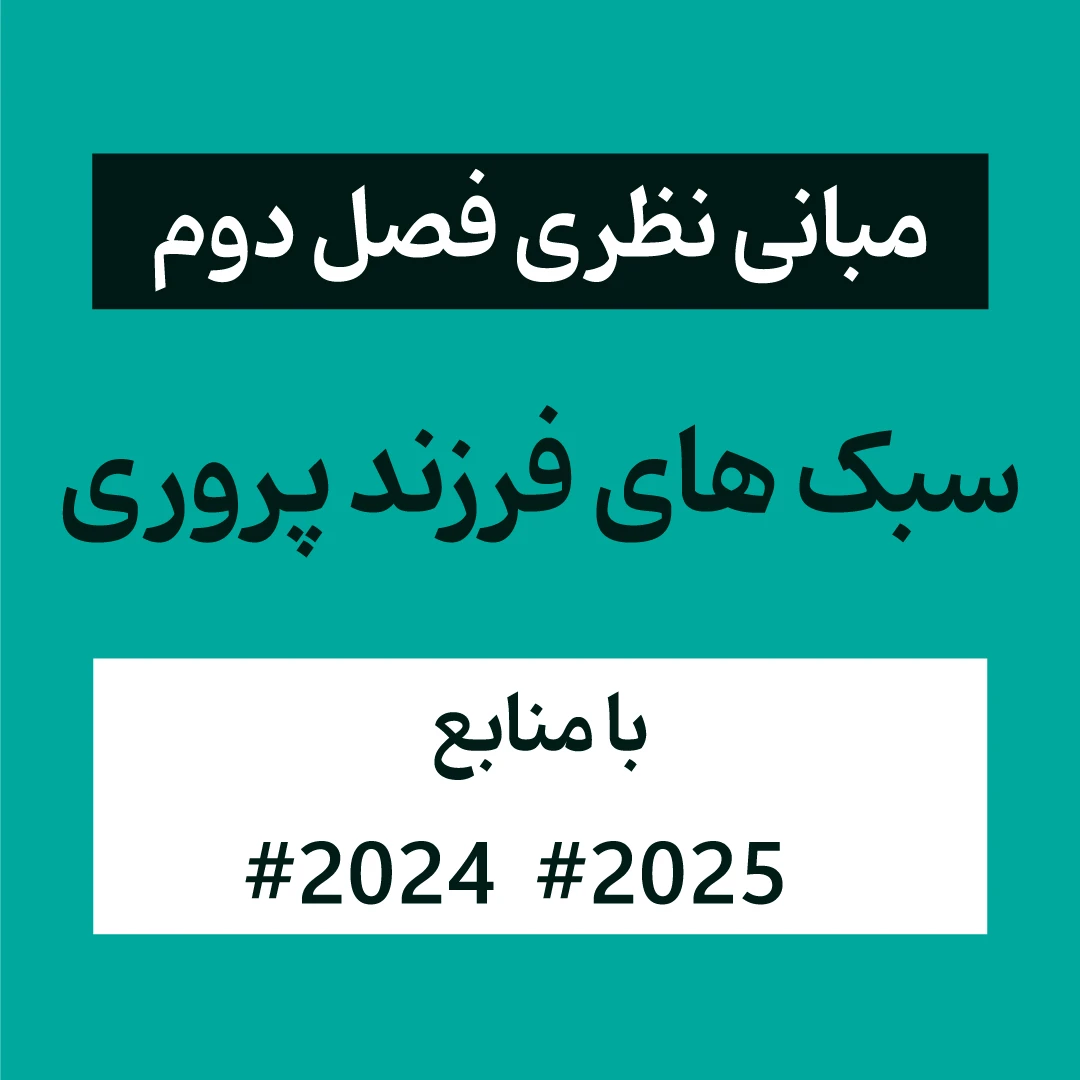
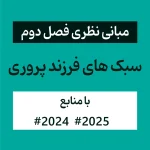
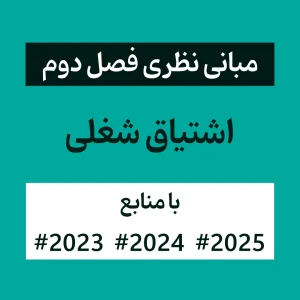
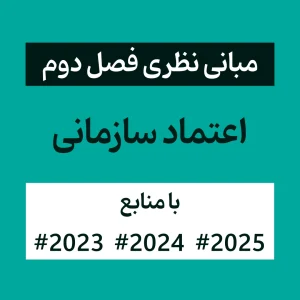
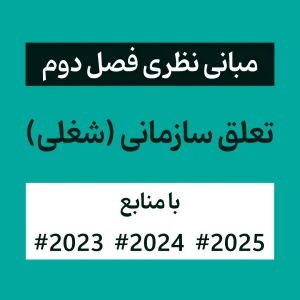
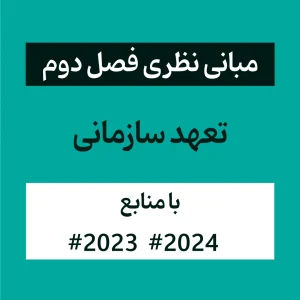
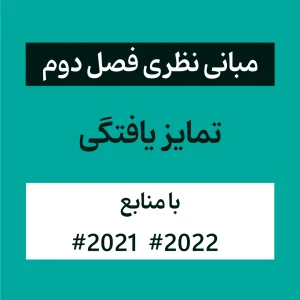

0دیدگاه